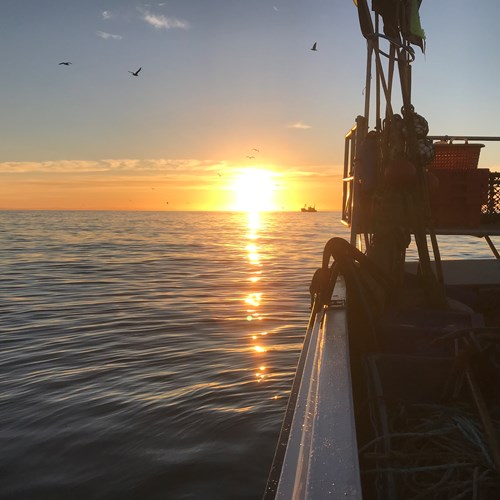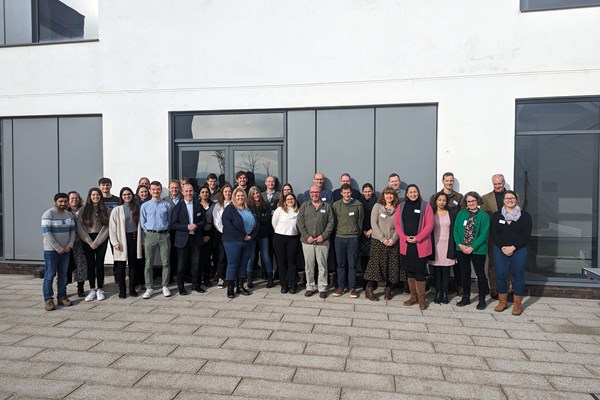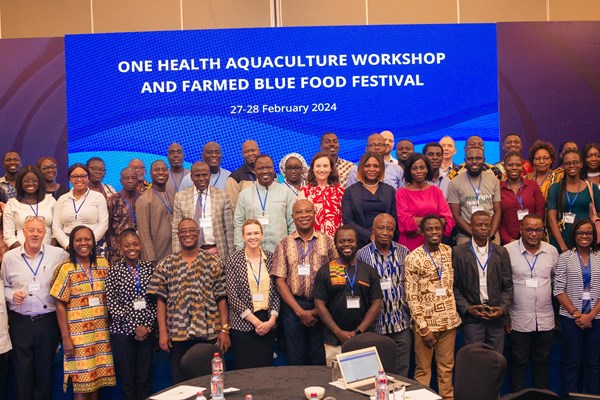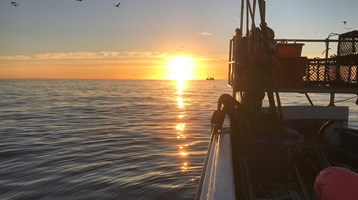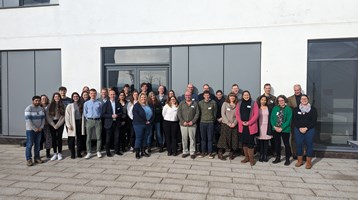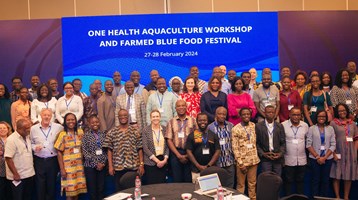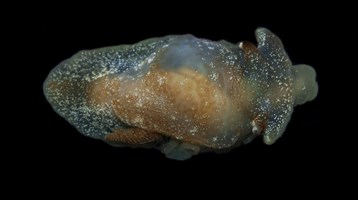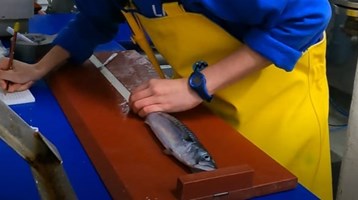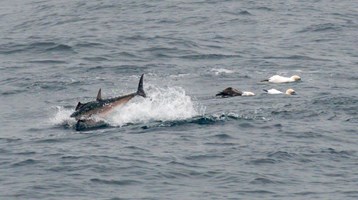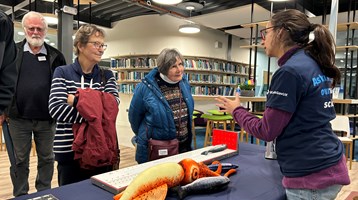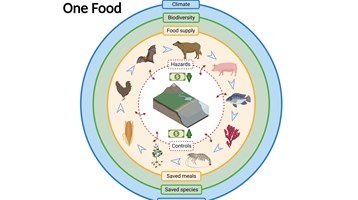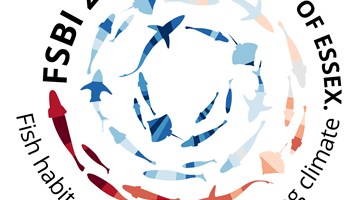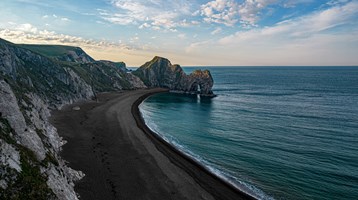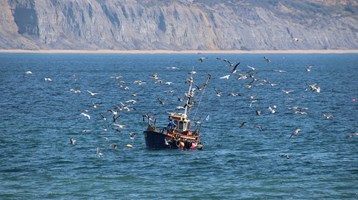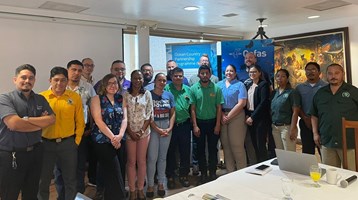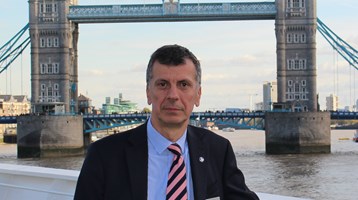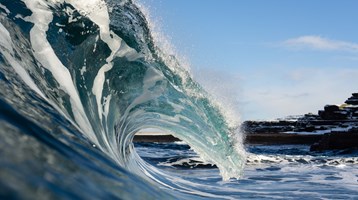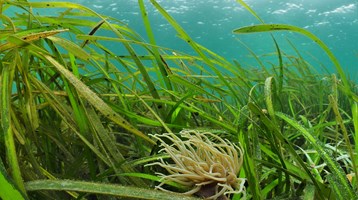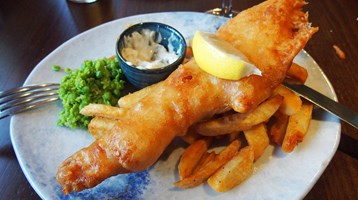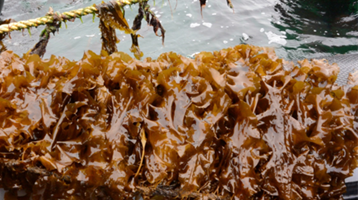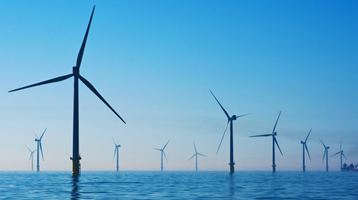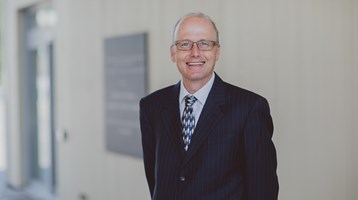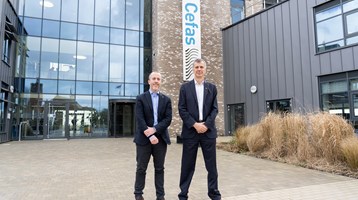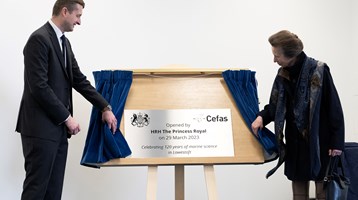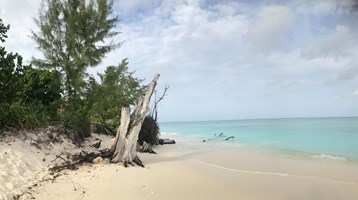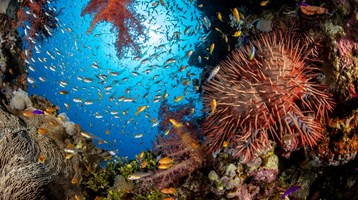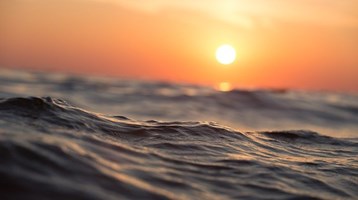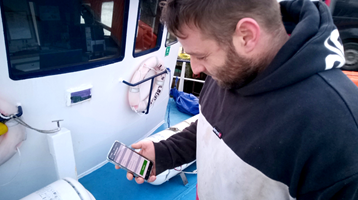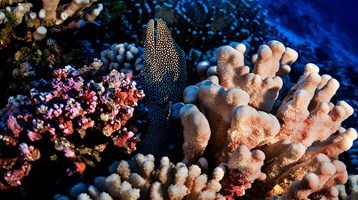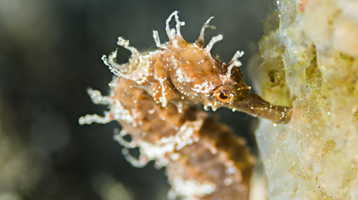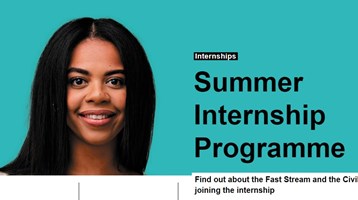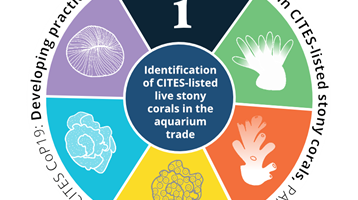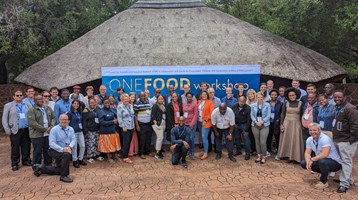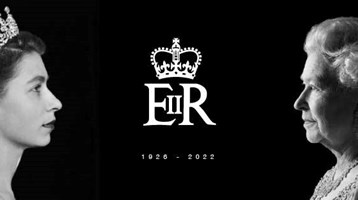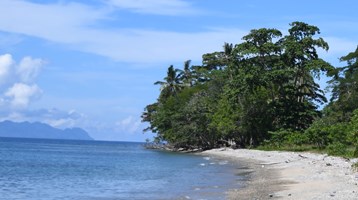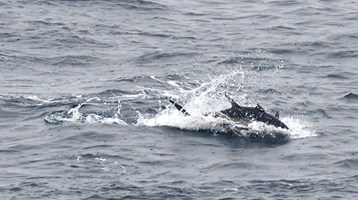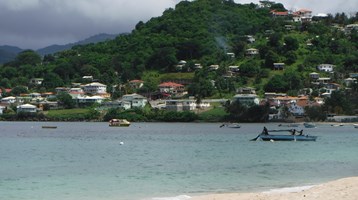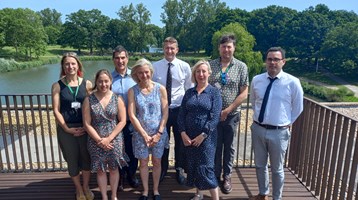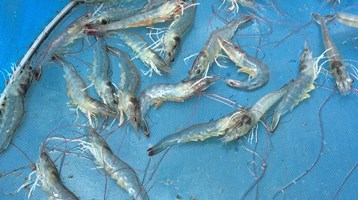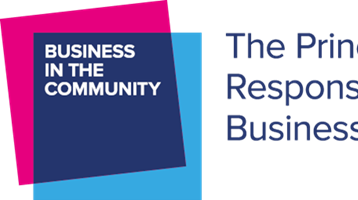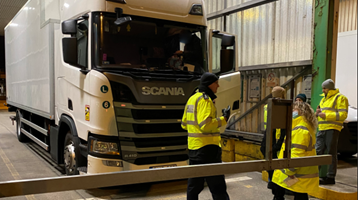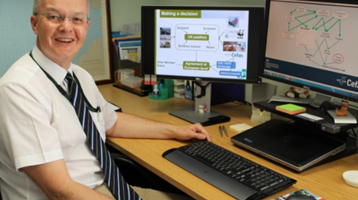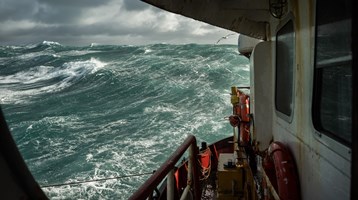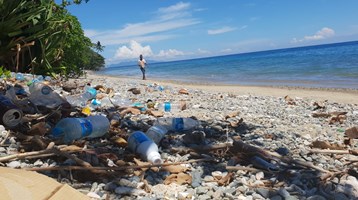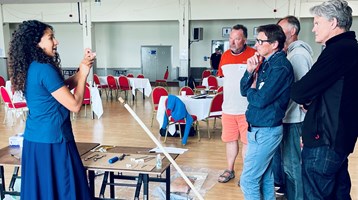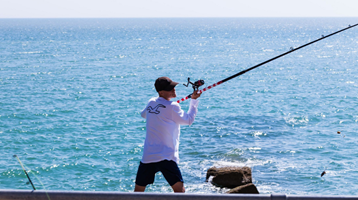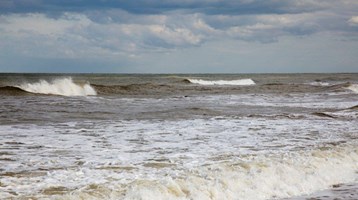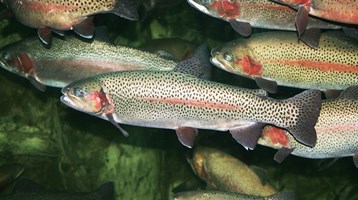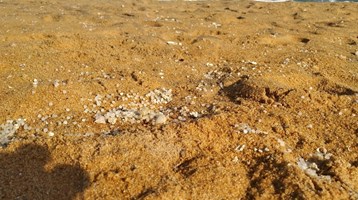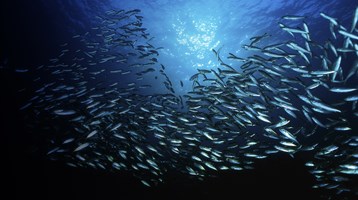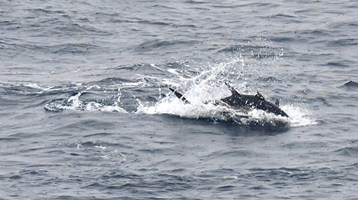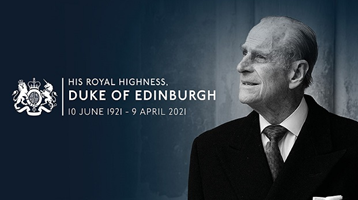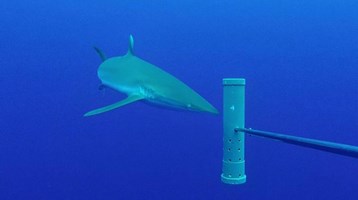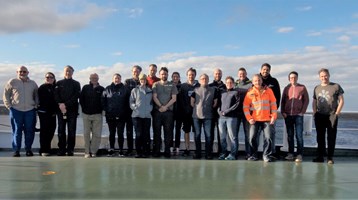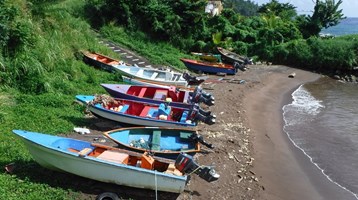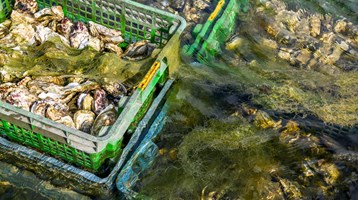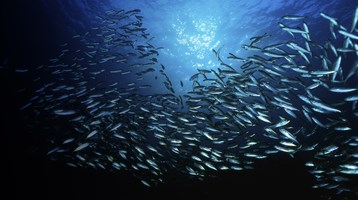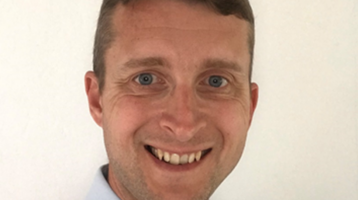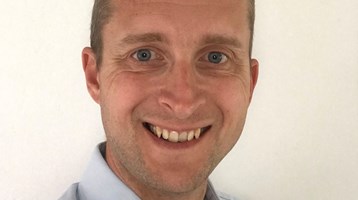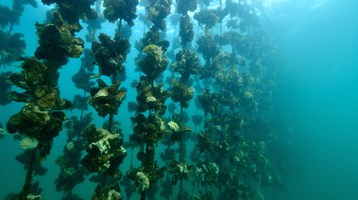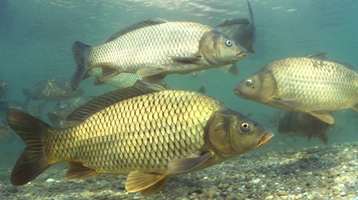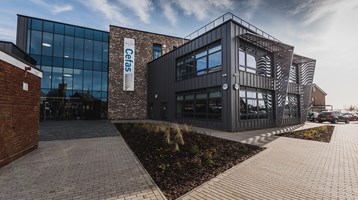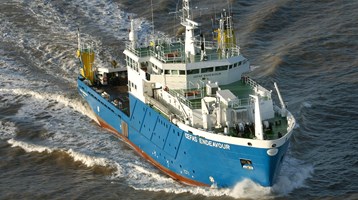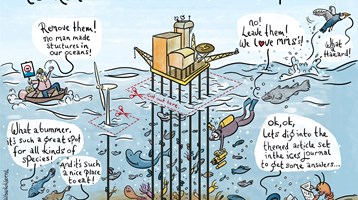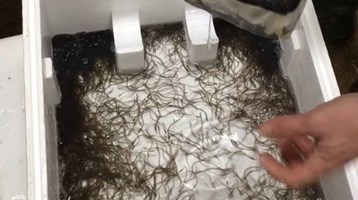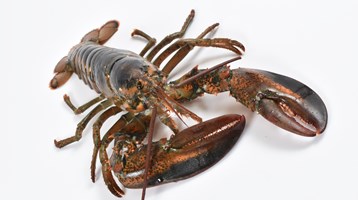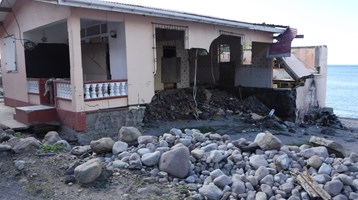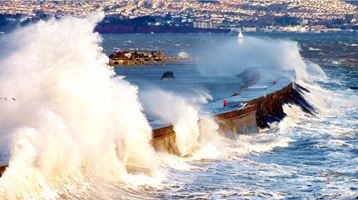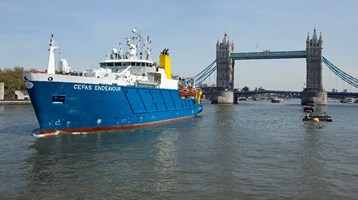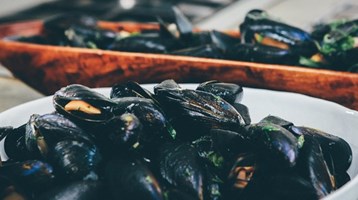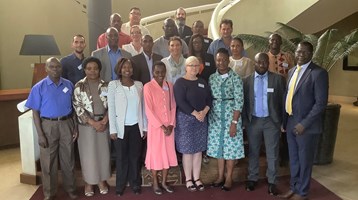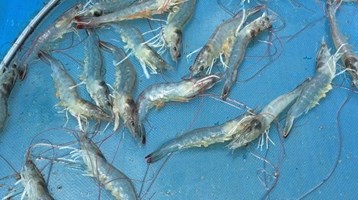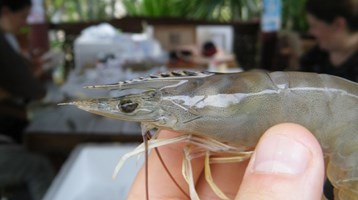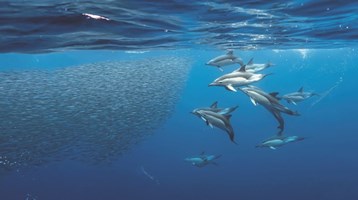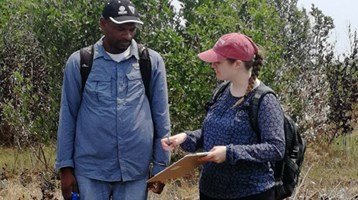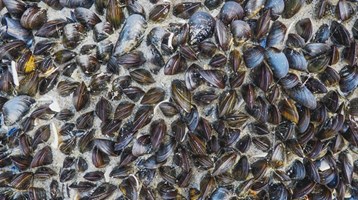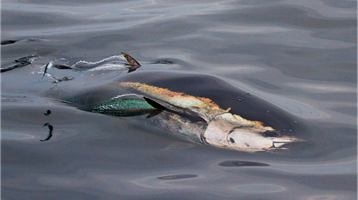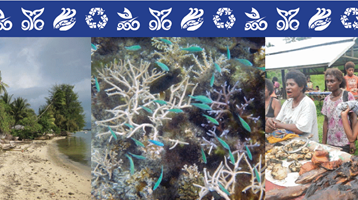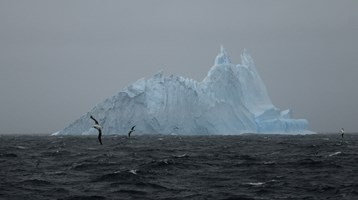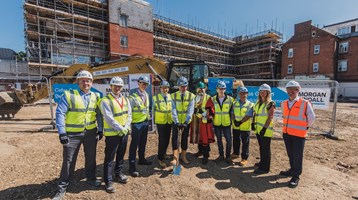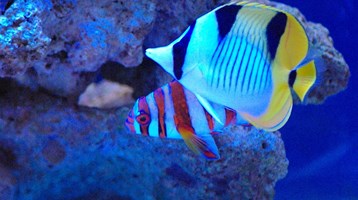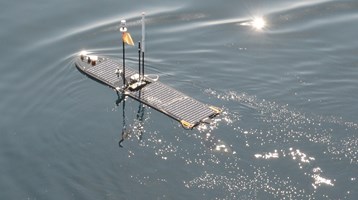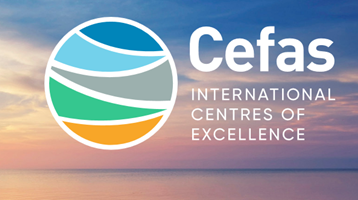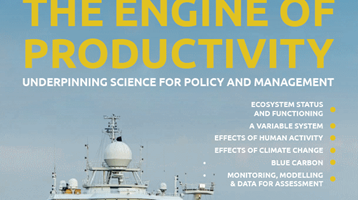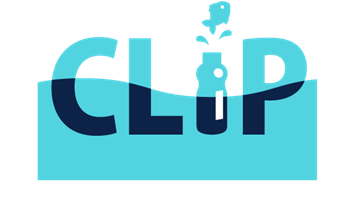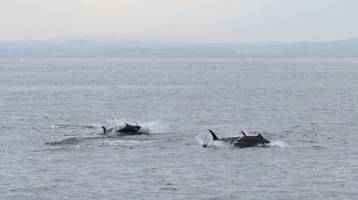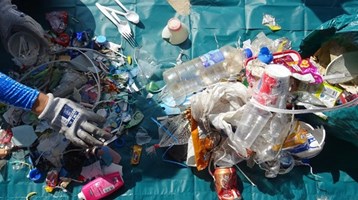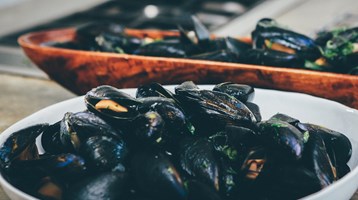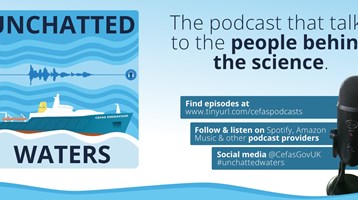One Health Aquaculture - experts gather in India to discuss new and emerging technologies to support safe and sustainable aquatic food supply
16 March 2023
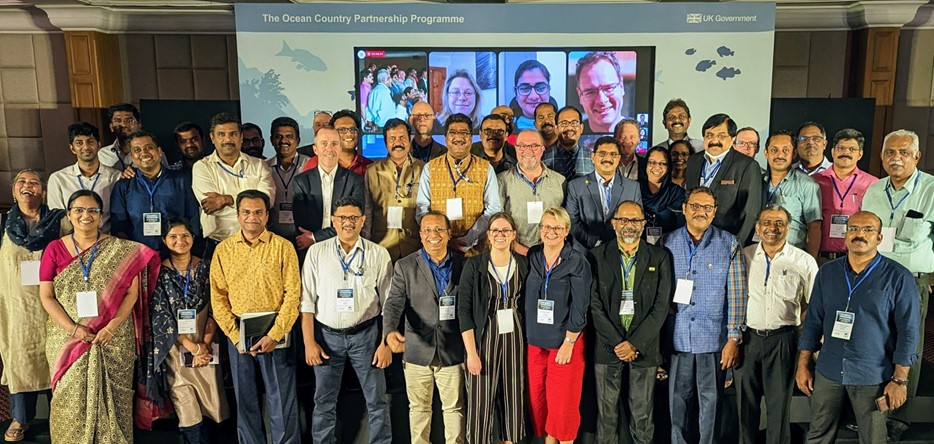
UK and Indian experts met last month in Kerala State, India to discuss how new and emerging technologies could be applied to support safe and sustainable aquatic food supply chains in India.
The workshop used the One Health Aquaculture framework to highlight the role of diverse hazards in limiting current and future sustainability of aquaculture. Based around hazards identified in the Seafood Risk Tool (SRT), the workshop introduced novel technologies that identify known and emergent chemical and microbial hazards, and the control options that may be applied to reduce risk in supply chains. Through the workshop, stakeholders from authorities with responsibility for aquatic environmental protection and aquatic food production and trade in India investigated the critical connection between national aquatic food production ambitions and the need to provide healthy environmental conditions in which the sector can flourish.
The event was hosted by Cefas in partnership with the Central Marine Fisheries Research Institute (CMFRI), a division of the Indian Council of Agricultural Research (ICAR). The workshop was funded by Defra’s Ocean Country Partnership Programme (OCPP) through the UK’s Blue Planet Fund. Through the OCPP, the UK government partners with eligible countries to deliver tangible and positive impacts on the livelihoods of coastal communities that depend on healthy marine ecosystems, focussing on sustainable seafood, marine pollution and marine biodiversity.
By addressing sustainable seafood challenges, the OCPP aims to ensure that seafood is produced and distributed in ways which support healthy ecosystems, does not overexploit marine stocks, provides sustainable, inclusive and equitable livelihoods and enhances resilience to climate and socioeconomic shocks.
Dr Achamveetil Gopalakrishnan, Director of ICAR-CMFRI delivered the keynote speech of the workshop and stated:
‘It was a wonderful experience for CMFRI to be part of this international workshop. I look forward to how citizen science can help to build a community of practice for One Health Aquaculture and strongly believe that there will be further collaborative programmes to enhance safe and sustainable aquaculture.’
Dr Nandini Menon, Principal scientist at Nansen Environmental Research Centre India (NERCI) observed:
‘The multidisciplinary approach to move forward with technology and international partnerships of this workshop have provided an excellent forum to explore knowledge gaps. I think something meaningful will happen with good collaborations that will benefit society.’
Dr Kuldeep Lal, Director ICAR Central Institute of Brackishwater Aquaculture (CIBA) commented:
‘This workshop has been a wonderful experience, I am impressed with the format allowing everyone to find commonality, whilst bringing in different expertise to develop impactful projects. The One Health concept highlights the problem that we are living in a world that uses a lot of chemicals to increase food production and this affects the whole ecosystem. This interdependence not only impacts the health of humans but the health of the whole environment.’
Dr Grinson George, Principal Scientist (ICAR-CMFRI) & Senior Programme Specialist (SAARC Agriculture Centre) remarked:
‘One Health aquaculture is a topic close to my heart and I have enjoyed how the workshop format has allowed the online audience to participate with the in-person delegates engaging in interdisciplinary discussions around One Heath. Collaborative programmes resulting from this workshop will not only benefit the scientist working in this field but also society.’
Dr Wendy Higman, Director of Cefas' International Centre of Excellence for Seafood Safety said:
‘We enjoyed a tremendous 3 days, working with more than 70 experts from the UK and India on developing a collaborative approach to addressing challenges in sustainable seafood. This partnership will continue to grow and be strengthened by delivery of key priorities identified at the workshop under the Ocean Country Partnership Programme, and I look forward to seeing this work develop over the coming months.’
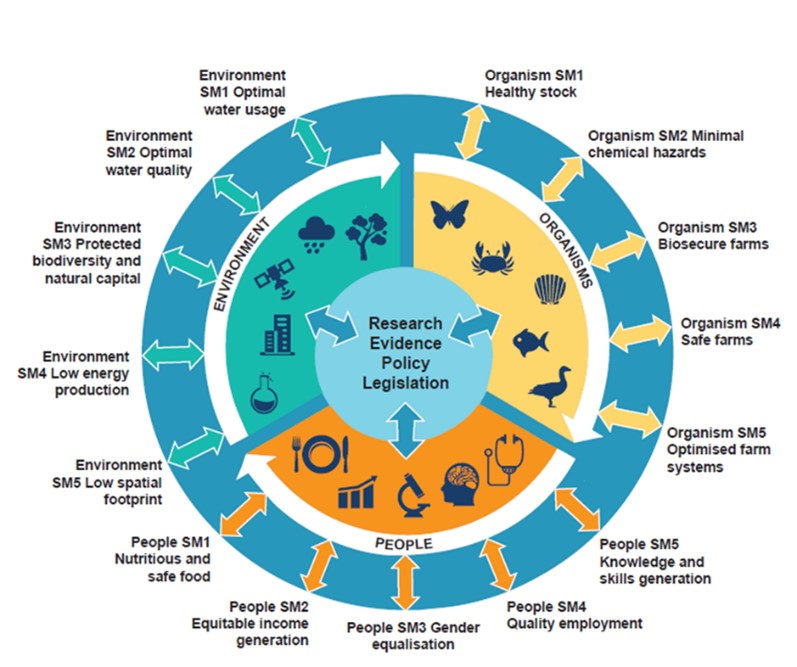
|
One Health wheel - Stentiford et al. 2020 |
The One Health concept applied to aquaculture provides a framework for integrating activities and engagement relating to the environments in which aquaculture is carried out, people involved at all stages of the process, and organisms in and around the aquaculture systems. The ‘spokes’ of the wheel are the metrics by which the success of these diverse and integrated processes is measured, and can be adapted as appropriate for each situation.
The workshop identified a number of priority areas that the OCPP programme will continue to collaborate on with stakeholders in India. These included researching how to: improve water quality, reduce the impact of Antimicrobial Resistance (AMR), and enhance disease management in aquaculture. All of these priority actions will be highly beneficial to safe and sustainable aquatic food supply chains in India. These priorities will be developed via jointly agreed projects and a number of Masters scholarships under the OCPP.
Related to this article
Topic
Case studies
People
News
Further Reading


Working for a sustainable blue future
Our Science

